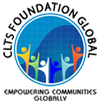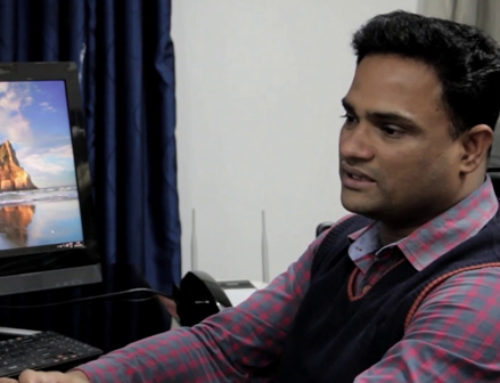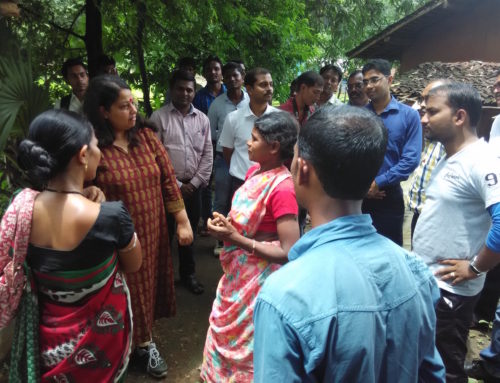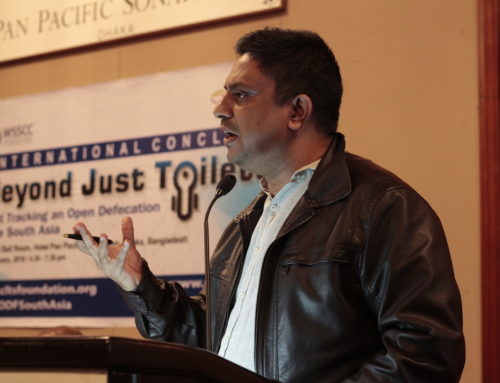CLTS Champion: His Royal Highness Chief Macha from Choma district, Southern province, Zambia
CLTS (Community-led Total Sanitation) was introduced in Zambia in 2007 when UNICEF together with the Government of Zambia decided to pilot the approach in Choma district in the country’s Southern province.The pilot began in November 2007 with a ‘hands-on’ training workshop facilitated by Dr Kamal Kar. The workshop was attended by senior government officials, NGOs and the donor community. During the training, participants triggered 12 pilot villages. However, Dr Kar regretted that the traditional leaders were not present at the workshop. So, when he saw His Royal Highness Chief Macha in a local restaurant having breakfast, he seized the opportunity to get the chief interested in the workshop and invited him to the last day of the workshop.Later, through Chief Macha’s efforts, the chiefdom doubled the sanitation coverage from 50% to 100% in less than two years, thus attaining ODF status in November 2009, and becoming the first chiefdom in Zambia to be so recognized.
Recently, Chief Macha was invited to share his experiences at a high-level advocacy workshop in Nairobi to institutionalize CLTS in Somalia (click here to read about the workshop). After the workshop, we took a brief interview of Chief Macha to know more about his experiences with implementing CLTS.
Please tell us about your orientation into CLTS? What were the first few things that you did?
I was exposed to the CLTS approach at a workshop facilitated by Kamal Kar in November 2007 in Choma district. I was triggered by the presentations made by people from the pilot villages and I immediately had a meeting with Kamal Kar. As soon as I went back to my chiefdom, I met senior headmen, senior villagers, headmen, and Environment Health Department technicians. We had sat down and said “Here’s an opportunity. What should we do as a chiefdom?”
I involved the national training team and we started training people in the chiefdom and involved all the important stakeholders. I made sure things went well in my chiefdom. In 2009, my chiefdom became open defecation free (ODF).
I received an award from AMCOW (African Ministers’ Council on Water) in Johannesburg for this achievement and I was also named ‘UNICEF Zambia Supporter for Sanitation’ for my contributions to the success of CLTS.
What is the potential of CLTS to achieve an ODF Zambia?
From my experience with CLTS I can say it’s a very good investment. If a community is ODF then there are knock-on health benefits and people can invest the money saved on medical bills into their children’s education. I feel Zambia has benefitted a lot from this approach and right now I’m trying to replicate my success in other chiefdoms.
Why do you think other chiefdoms are lagging behind?
I admit that there are gaps in implementing CLTS but we are now working together – ODF chiefdoms and other chiefdoms. We are targeting an ODF Zambia by 2020.
What do think are the major challenges?
Some challenges are water supply, well-trained human capital and funding.
What has been your experience in this workshop?
It was a good workshop. My advice to the Somalian delegation would be to forget the conflict and work together. They should seek advice and consult other countries. However, given the current situation I admit it will take time.
What are your future plans after Choma becomes ODF?
After Choma becomes ODF, I will start working in other districts. I will work towards an ODF Zambia.
Date: September 25, 2015
Interview taken at Nairobi by Preetha Prabhakaran, Programme Manager-Knowledge Management and Partnerships, CLTS Foundation Global






Leave A Comment